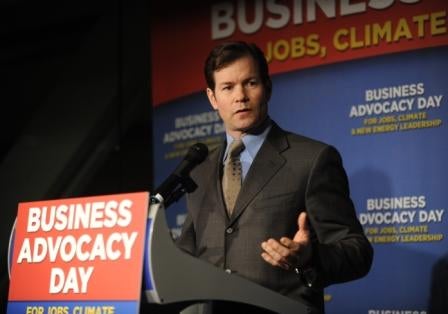This post is by Dan Grossman, EDF’s Rocky Mountain Regional Director.
You turn on a tap, and water pours out. You decide on the temperature – hot or cold. You decide on the speed – fast or slow. This is not a luxury, just an activity of daily living.
In Boulder, we are studying how to keep that water flowing in the future – and we’re paying close attention to federal clean energy and climate legislation because it can protect water in Western states.
A new report documents more evidence that clean energy and climate policy is also smart policy for water management in the West.
The link between energy, climate and water is not new, but droughts are now a daily reminder of the urgency to connect the dots with federal policy.
The report’s release coincides with the U.S. Senate’s return to Washington to take up energy and climate legislation this week.
Clean energy sources emit fewer greenhouse gas pollutants and save water, which means more water for Western cities, agriculture, businesses and recreation. National climate policy will add weight to the worthy measures that westerners are already pursuing.
Repeat after me: clean energy and climate policy is smart water policy. Now pass that message along to everyone you know.
